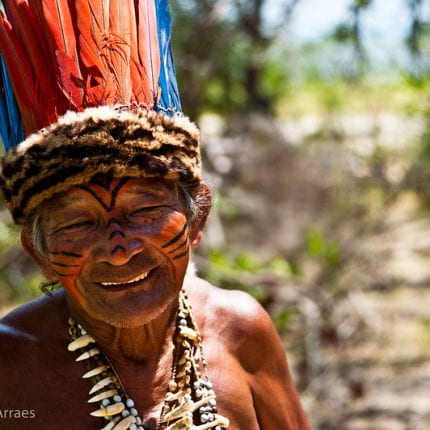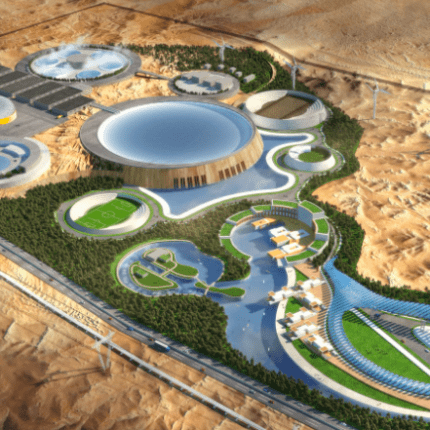Brazil: The Return of Colonialism

The impacts of colonialism are still felt around the world. For the most part, the descendants of colonizers occupy the wealthier (formerly ‘Mother’) nations and settler states, while the areas that were historically exploited persist in their struggle to overcome poverty and underdevelopment. Within settler states, minority populations—such as racialized communities, immigrants, migrant workers, and Indigenous Peoples—face obstacles that stem from colonialism. In the Americas, racism and discrimination against native populations are particularly prevalent. Some countries, such as Canada, have only recently taken steps towards reconciliation in an effort to acknowledge and address a dark history of oppression and forced assimilation tactics. Despite criticism that efforts towards reconciliation can be slow, the overarching goal is to ensure that the worst of colonialism is in the past. Other countries, however, appear to be regressing, rather than moving forward. Since the inauguration of current Brazilian president, Jair Bolsonaro (2019-present), many of Brazil’s policies that affect the Indigenous Peoples of the Amazon have been more reflective of a return of colonialism—unbridled and blatant in the 21st century.


